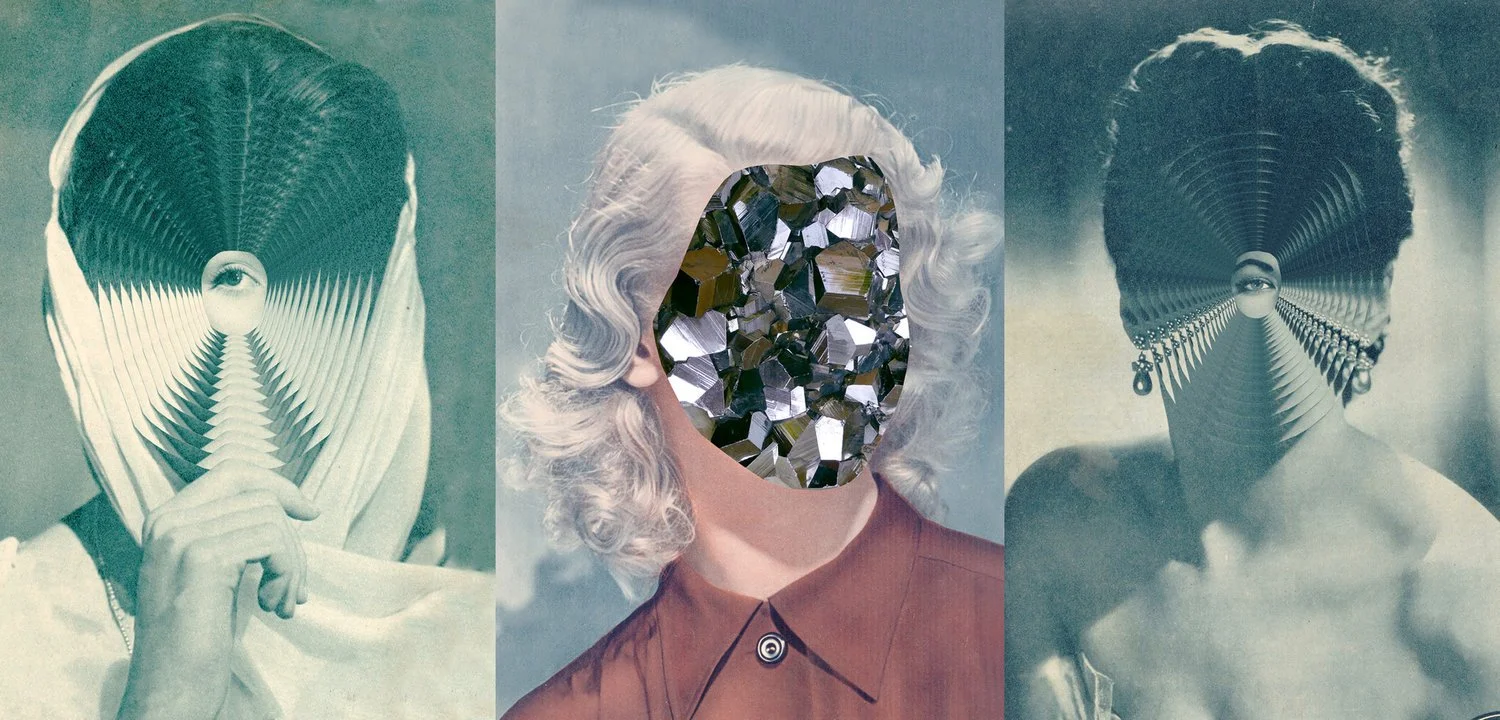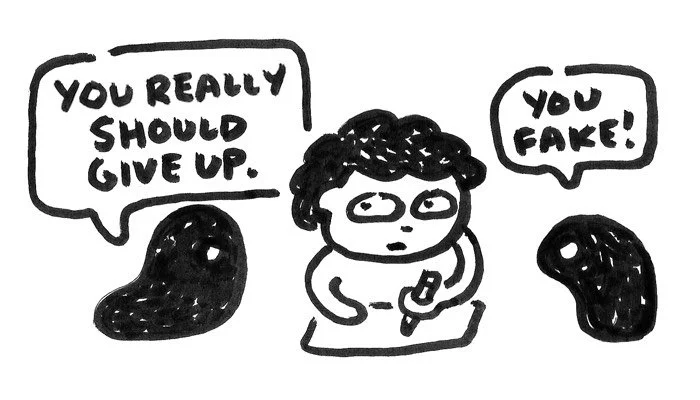Feel Like a Fraud? You’re Not Alone.
Image Courtesy: Harvard Business Review
"Imposter syndrome is a condition that describes high-achieving individuals who, despite their objective successes, fail to internalize their accomplishments and have persistent self-doubt and fear of being exposed as a fraud or imposter."
"Individuals struggling with imposter syndrome do not attribute their performance to their actual competence, instead ascribe their successes to external factors such as luck or help from others while considering setbacks as evidence of their professional inadequacy."
- National Library of Medicine Imposter Syndrome
You've heard about it affecting people in their professional careers, but have you ever thought about how it could be affecting your life in college? Well, if you haven't, you are probably one of the lucky few who believe you're meant to be here. On the other hand, I am one of the test subjects that crippling self-doubt has chosen to play with. Self-doubt has made me question every move in my life, and seriously, I hope it is something that stays far away from me when I transition into the real world. However, I'm not here to dive into my personal B.S. I'm here to uncover the reasoning behind why so many college students fall victim to imposter syndrome, especially those in the minority community.
Disclaimer: I am not in the minority community. I can never, ever put myself in anyone else's shoes but my own. I am writing this article to understand the influence of imposter syndrome in minority communities because I believe that it can be prevented, but it all starts with a bit of insight into what it is and why it's happening.
Image Courtesy: Strike FSU
In minority communities, students fall subject to imposter syndrome because of an ancillary pressure to achieve and break stereotypes because they are the first to enter vocations they were locked out of for centuries. It is not only the student doubting their aptness or right to subsist in academic settings. It is systemic barriers and racism that convey the message that they are unwelcomed in these, purported to be "welcoming" and "all-inclusive" settings. It is the pressure of trying to prosper in a system that never intended to include them or act as an aid for their success.
Microaggressions play a primal role in facilitating crippling strain for minority students in today's world. Microaggressions, according to the American Psychological Association, are defined as, "everyday derogations, slights, and invalidations that are often delivered to people of a minority or marginalized background." Oftentimes, they are subtle and can be unconsciously or inadvertently expressed, but still leave a belittling feeling that should never be countenanced. Imposter syndrome is exasperated by microaggressions and bias, negatively bolstering what students are already thinking of themselves.
Image Courtesy: Working Not Working Magazine
For minorities, it is not just the student doubting their abilities or right to exist in academic settings; its racism and systemic barriers that send the message that they are not welcome in these settings. Nowadays, proposed solutions and strategies for addressing imposter feelings home in on attempting to "fix" the individual. But these solutions revolve around the theory that imposter syndrome resonates from within, disregarding the possibility that it may actually be the social context/ environment that needs the "fixing." Such individual-focused strategies have the issue of potentially reinforcing notions of victim-blaming, whereby others view that the "problem" is with the individual, and so the individual is then responsible for "fixing" their own solution. Although the phenomenon manifests at the level of the individual, it is the social context surrounding the individual's life that has colossal importance in determining how they feel about themselves.
Image Courtesy: Working Not Working Magazine
Feeling like an imposter during undergraduate studies is so common that it is considered normal. Normal and common should not be synonymous. We as a student body should do everything in our power to accelerate the progression of equality for all, and we have the power to do so by acknowledging these faults in our society.
We are all where we deserve to be because we have worked hard to be here and have every right to thrive. No one should be subject to belittlement, prejudice, or inadequacy; especially in educational environments.
Strike Out,
Writer: Skye Fox
Editor: Karina McCarthy
Graphic Designer: Allexandria Clemons
Tallahassee




